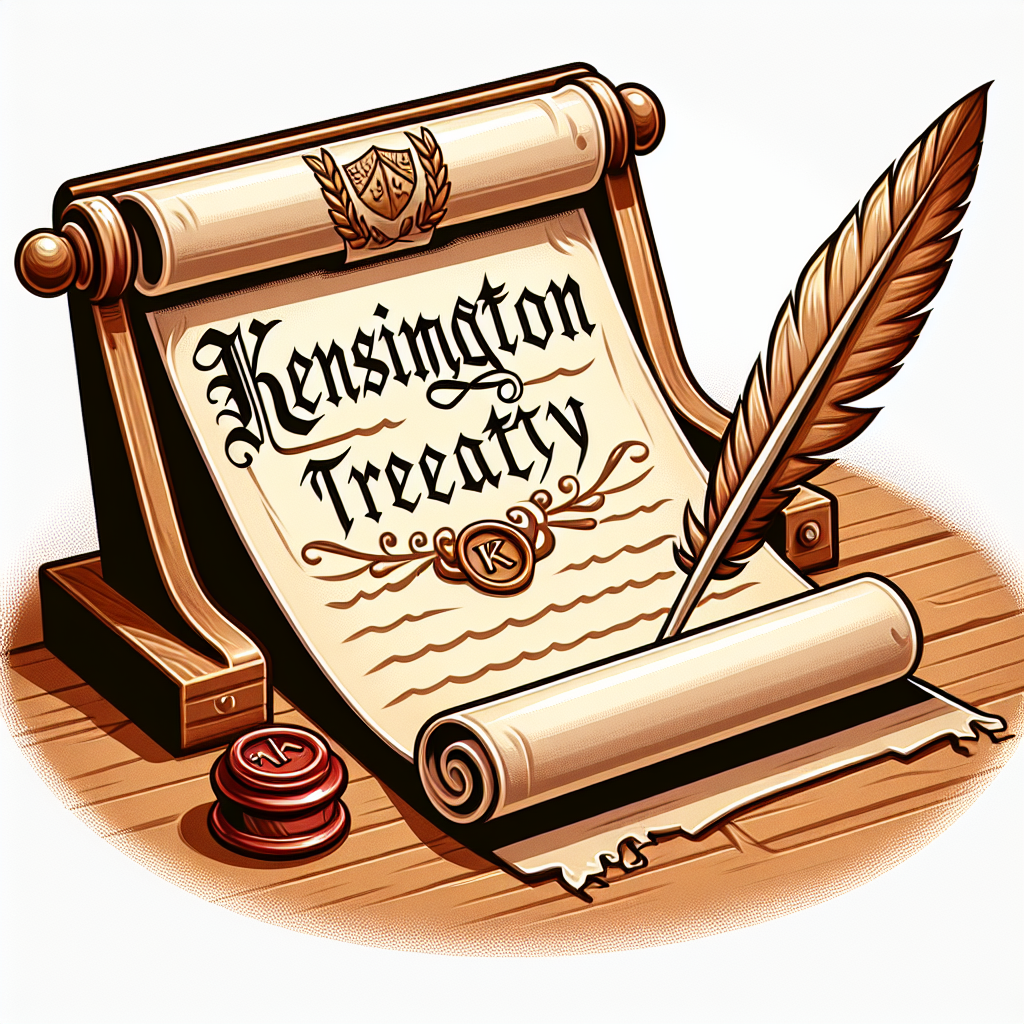Historic Kensington Treaty: Redefining UK-Germany Relations
Prime Minister Keir Starmer and Chancellor Friedrich Merz signed the Kensington Treaty, marking a significant strengthening of UK-Germany relations in defense and economy. The treaty highlights increased collaboration amid changing European challenges, including defense support for Ukraine and new immigration controls, promising enhanced bilateral cooperation and mutual growth.

In a landmark move to revitalize UK-Germany relations, Prime Minister Keir Starmer and German Chancellor Friedrich Merz signed the Kensington Treaty. Celebrated as a historic accord, the treaty focuses on strengthening defense and economic ties in a bid to improve collaboration post-Brexit.
Following a string of high-profile European visits, including Emmanuel Macron's, this agreement underscores a coordinated response to continental challenges amid concerns over U.S. foreign policy shifts. The treaty, signed at the iconic Victoria and Albert Museum, includes plans to counter Russian aggression through enhanced support to Ukraine.
The treaty outlines ambitious projects including mutual defense initiatives, a new rail link, and cooperation against illegal immigration. This positions the UK and Germany as pivotal allies in Europe, with promises to boost economic growth and security cooperation through joint export campaigns and strategic partnerships.
(With inputs from agencies.)










